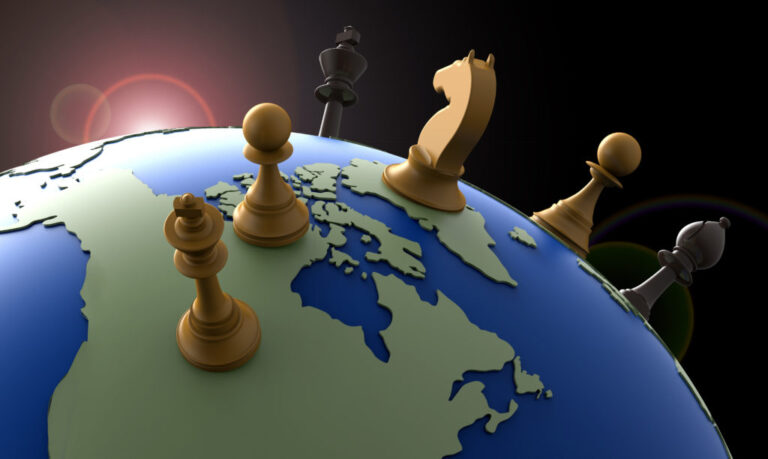Nigeria has called on industrialized nations to rethink their engagement with Africa, urging them to move beyond a transactional approach driven by resource extraction and adopt a model built on equality, shared growth, and respect for Africa’s development needs.
Speaking at the Reuters NEXT Gulf Summit in Abu Dhabi, Foreign Affairs Minister Yusuf Tuggar criticized how many Western countries treat Africa as a mere source of raw materials, comparing their behavior to players in the video game Minecraft — constantly mining, collecting, and extracting resources without building genuine value for the continent.
“The relationship shouldn’t feel like a game where you dig for oil, gas, and minerals, invest a little, and move on,” Tuggar said. “We must shift toward partnerships rooted in mutual respect and the understanding that Africa’s growth is essential to solving global challenges, from migration to stability.”
Nigeria’s Economic Approach: Resilience and Diversification
While global trade tensions have rattled many economies, Tuggar noted that Nigeria remains relatively shielded from the recent U.S. tariff increases under President Donald Trump’s trade policies, which impose a 15% levy on Nigerian goods—excluding oil and gas.
He credited Nigeria’s resilience to its massive domestic market of over 230 million people, projected to reach 400 million by 2050, and to its broad network of partners, including China, India, and Brazil.
Tuggar added that the government’s current economic agenda centers on currency stabilization, increased foreign exchange availability, and tax incentives designed to stimulate investment and job creation.
Power sector reform, he said, remains a critical piece of this strategy — one that aims to decentralize the electricity market, attract private investment, and expand renewable energy adoption through feed-in tariffs.
Despite decades of promises to fix the power crisis, progress has been slow. According to the World Bank, 40% of Nigerians still lack access to electricity, while those in major cities contend with frequent blackouts that force homes and businesses to depend on diesel-powered generators — a costly and environmentally harmful alternative.
Challenging False Narratives About Nigeria
The foreign minister also addressed the growing wave of misinformation about Nigeria, particularly claims of widespread religious persecution targeting Christians — narratives that have gained traction on social media and been amplified by some U.S. commentators.
Tuggar dismissed such claims as “grossly misleading,” warning that they distort Nigeria’s complex social fabric and deter potential investors.
“Nigeria is a mosaic of faiths and ethnicities — over 200 groups living side by side,” he said. “The idea that there’s a state-sanctioned campaign against any religion is simply false. Investors should visit and see the reality themselves.”
Religious coexistence is deeply woven into Nigerian life — churches and mosques often stand side by side, and national events typically open with both Christian and Muslim prayers. Yet, the minister acknowledged that the country’s history includes violent clashes where ethnic, religious, and economic tensions overlap, particularly in disputes between herders and farmers competing for scarce land and water.
In the country’s northeast, the Islamist militant group Boko Haram has waged a brutal insurgency for more than 15 years, killing tens of thousands — most of them Muslims — and displacing millions.
Building Trust Through Development, Not Dependency
Tuggar’s message to the global community was clear: Africa’s engagement with the world must evolve beyond aid or extraction. The continent’s potential — from its youth population to its resource wealth — will only translate into global stability if its partners see it as an equal stakeholder.
“Africa doesn’t need to be mined,” he said. “It needs to be empowered.”

